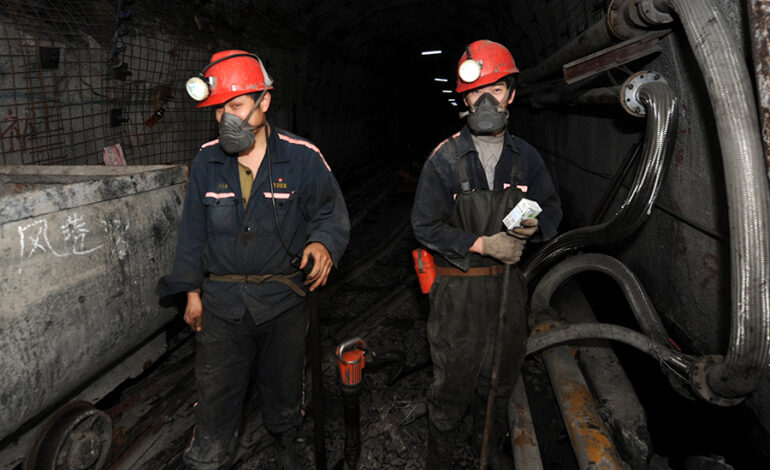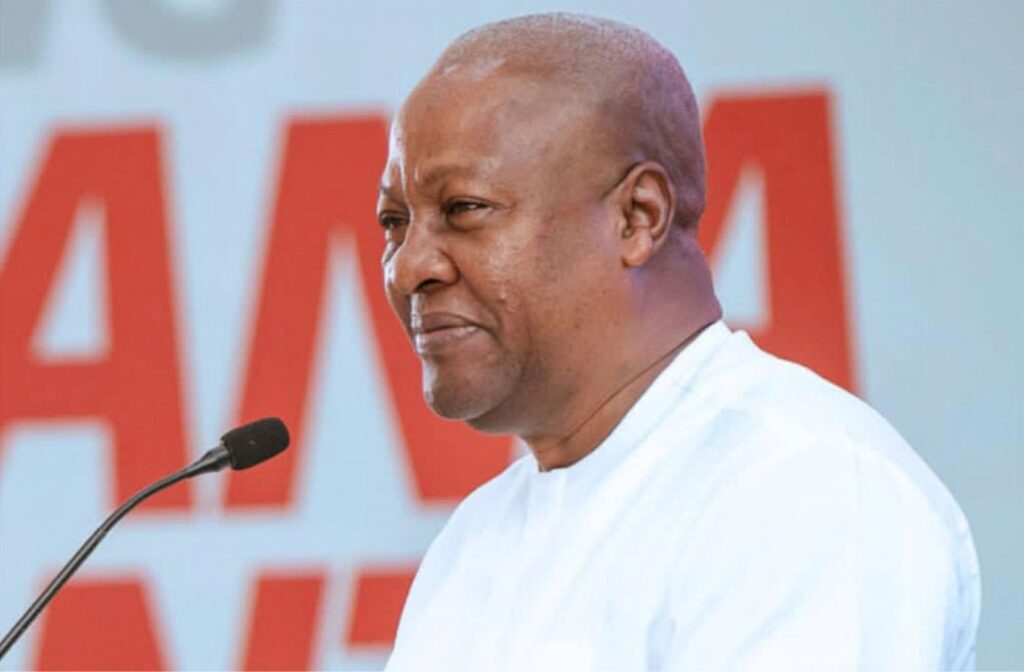
Faith Nyasuguta
Ghana has taken a decisive step in its long-running battle against illegal small-scale gold mining, popularly known as galamsey, by tightening visa requirements for Chinese nationals. The announcement, made by Foreign Affairs Minister Samuel Okudzeto Ablakwa, represents a bold attempt to address one of the country’s most persistent environmental and social challenges.
Under the new rules, Ghana’s embassy in Beijing and consulate in Guangzhou will no longer process group visa applications. Instead, every applicant must now appear in person for an interview before a visa can be issued, regardless of whether they claim to be attending a conference, a business meeting, or a tourist visit. Ablakwa explained that this shift was necessary because group visa processing had made it difficult to screen applicants properly, enabling individuals linked to illegal mining networks to enter the country unnoticed.
The policy was influenced by a recent visit Ablakwa made to China, where he engaged with local authorities in provinces known to send nationals to Ghana to participate in galamsey. He described the meetings as frank and emphasized that Ghana is eager to welcome genuine investors but will no longer tolerate individuals who exploit the system to harm the country’s environment. Illegal mining, he said, has become an “existential threat,” devastating rivers, forests, and farmland while jeopardizing the future of Ghana’s younger generations.

He stressed that while the Chinese government does not officially promote destructive practices, the persistence of galamsey requires a coordinated crackdown.
The tightening of visa rules adds to a broader campaign by Ghana to bring the mining sector under greater control. Earlier this year, the government established the Ghana Gold Board, widely known as GoldBod, which now holds exclusive rights to purchase, assay, and export artisanal gold. All foreigners were ordered to exit the local gold trading market, a move designed to eliminate smuggling and ensure that more value from gold stays within Ghana.
Finance Minister Cassiel Ato Forson noted that the GoldBod initiative would help stabilize the national currency while strengthening foreign exchange reserves. Officials also argued that the centralized system will ensure artisanal gold feeds directly into the formal economy, rather than being siphoned off through shadowy networks.
The government’s renewed offensive comes at a time when illegal mining continues to dominate headlines in Ghana. The practice has polluted major rivers, scarred landscapes, and triggered widespread anger from communities who bear the brunt of the damage. Public protests last year underscored frustration with what many saw as inadequate enforcement by past administrations. For the current government, the new measures are as much about restoring public confidence as they are about protecting the environment.

At the heart of the problem is the dual nature of foreign involvement. On one hand, many Chinese investors have played a positive role in Ghana, particularly in construction, infrastructure, and legitimate mining operations. On the other, a small but significant group has been tied to galamsey, often bringing in heavy machinery and deep-pocketed operations that devastate local environments at a scale beyond traditional artisanal miners. By requiring in-person interviews, Ghanaian authorities believe they can better filter out applicants with suspicious intentions.
The government’s response has not been limited to immigration and regulation. Security agencies have arrested and deported hundreds of foreign nationals involved in galamsey in recent years. In many cases, deportation was favored over prosecution to reduce the burden on local courts and prisons, though some offenders have faced trial. Officials argue that combining tougher visa restrictions with stronger enforcement will help choke off illegal operations before they take root.
Yet challenges remain. Screening individuals through interviews alone cannot always determine who intends to participate in galamsey. Enforcement on the ground is often hampered by corruption, resource constraints, and political sensitivities. Ghana also has to navigate its diplomatic relationship with China, one of its largest trading partners and a significant source of investment. Striking the right balance between firmness and diplomacy will be key to ensuring the new policy is effective without straining bilateral ties.

Still, the new approach reflects Ghana’s determination to confront galamsey in a more systematic way. By combining immigration policy, trade reform, and environmental enforcement, the government is signaling that illegal mining is no longer just a policing issue but a matter of national survival. Officials describe the fight as a choice between protecting the country’s future or allowing destructive practices to push Ghana down a dangerous path.
As the world’s sixth-largest gold producer and Africa’s top exporter, Ghana’s credibility in managing its natural wealth is on the line. The tightened visa rules are not a silver bullet, but they add a crucial layer to a broader strategy aimed at protecting the country’s resources, environment, and people. For Ghanaian leaders, the message is clear: those who come to invest transparently are welcome, but those who come to destroy rivers and forests will find the doors firmly closed.
RELATED:








